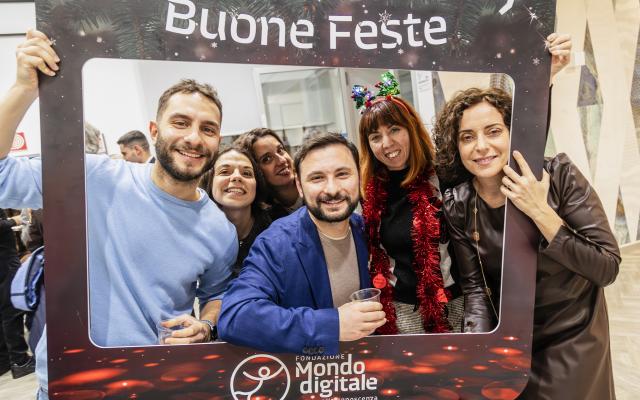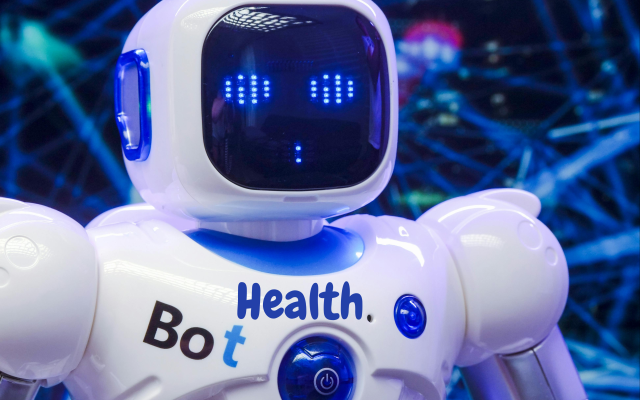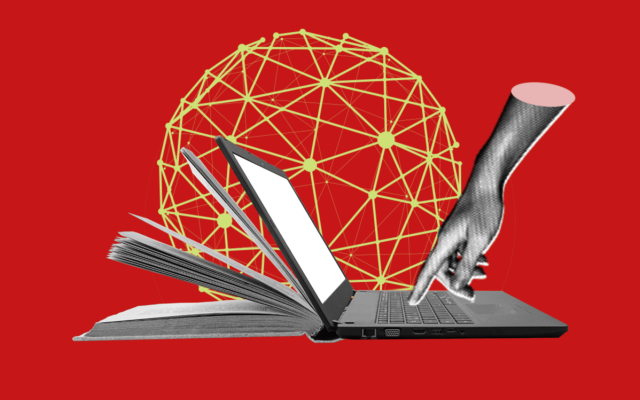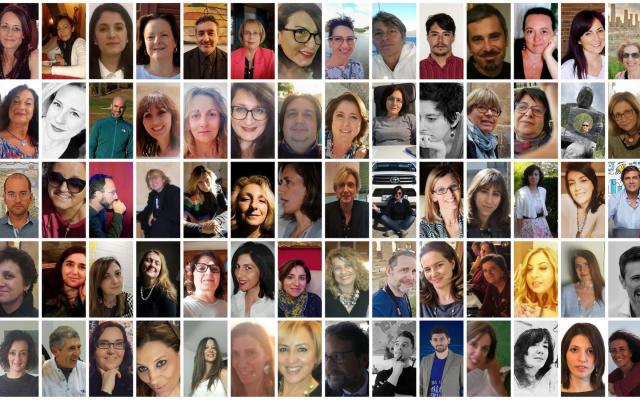Our School Professors: an interview with Angela Fumasoni
Our School Professors: an interview with Angela Fumasoni
Our column dedicated to the "Our School Professors" Community continues. Today, we share an interview with Angela Fumasoni, primary school teacher, institute digital coordinator and coding trainer, who, together with Barbara Avella, Mauro Crepaldi, Giorgia Moschini and Lara Rollo, created the first unit of the volume on Integrated Digital Citizenship and Sustainability in Primary School (Erickson, 2023), entitled "Brr...Che Caldo!". The activity focuses on the difference between weather and climate; understanding how to read, represent, and interpret data; global warming and its effects on our planet; Objective 13 of the 2030 Agenda [see news: Global Warming in the Classroom].
Can you summarize the activity you personally followed and talked about in the book?
I collaborated with other teachers in the “Our School” Community. In particular, Mauro Crepaldi, Barbara Avella, Giorgia Moschini and Lara Rollo on the project “Brr…Che caldo!” on global warming. In connection with the civic education guidelines, the course was based on Objective 13.3 of the 2030 Agenda "Improve education, awareness and human and institutional capacity regarding the mitigation of global warming, adaptation, impact reduction and early warning."
My proposals focus on scientific experimentation through experiments and, in particular, the discovery of the greenhouse effect which is what happens in the atmosphere with CO2 which, like a one-way filter, blocks infrared radiation in the form of heat. The experiment on the greenhouse effect was carried out in class with the support of an expert, Fioroni, and is described in the "Exploration Phase" part of the chapter. A second experiment verifies ice porosity based on the quantity of dissolved salt.
The other aspect that I address is the development of digital skills through the use of technology as a support for creativity and problem-solving by encouraging the use of programming languages and tinkering proposals such as: the creation of an ecoquiz with Scratch (Processing Phase) and the creation of a digital Diorama (bonus activity) with the integration of Scratch 3 and micro:bit physically thanks to a 3D printer that simulates the rise of the oceans (flooding of Piazza San Marco).
What was the added value of this initiative for students? Were there any additional activities or particular needs that emerged during the project?
The workshop proposal created with the “Our School” work group encouraged me to make a targeted didactic choice that would allow my primary school students to tackle a complex topic such as global warming, clearing away misconceptions and directly analysing the topic from a scientific point of view, beginning with from the experiment carried out by an expert. Thus, the children had the opportunity to experiment with the scientific method. The project was enriched by coding and tinkering proposals, taking advantage of my skills in the sector with the proposals listed above, thus offering children the opportunity to acquire advanced digital skills.




